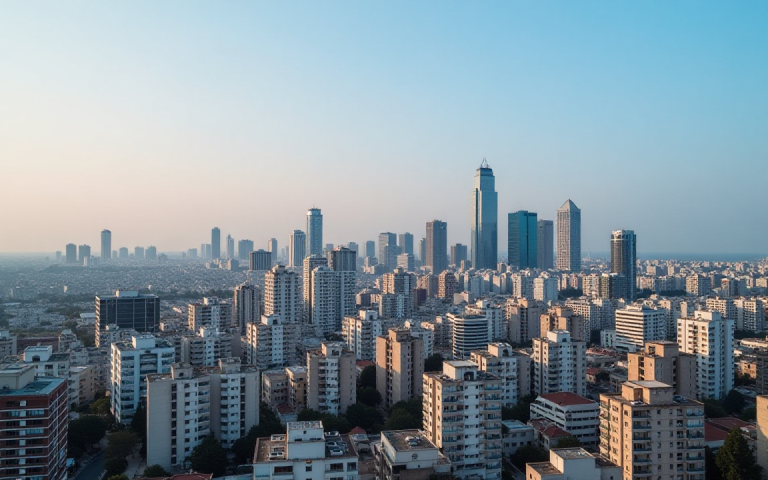Israel’s stock market has defied the odds to become the strongest performer in the Middle East over the past 22 months of conflict, reaching record highs even as the country navigates multiple wars, political unrest, and allegations of war crimes.
The Tel Aviv Stock Exchange (TASE), which initially plunged 23% in the aftermath of the October 2023 Hamas attacks and subsequent declaration of war, has since rebounded.
As of July 17, 2025, it is up over 200% from its October 2023 low, a sharp contrast to the deep contraction seen in other regional markets.
This surprising turnaround comes despite immense pressure on the Israeli economy, including a nearly 20% GDP contraction in Q4 2023, mass military mobilization pulling workers out of the labor force, and ongoing domestic protests.
The country ended 2023 with modest growth of 2%, followed by 1% in 2024, largely driven by state expenditure.
Retail investor activity surges
A renewed wave of public participation in the capital markets has underpinned Israel’s recent financial resilience.
According to a July report by the Tel Aviv Stock Exchange, some 161,000 new trading accounts were opened in 2024—three times more than in 2023.
The momentum carried into 2025, with another 87,000 accounts opened in the first half of the year.
“The year 2023 was characterized by considerable uncertainty,” wrote Hadar Romano, head of data at TASE.
“However, already in 2024, a reversal of the trend could be identified: the public expanded its involvement in the capital market, opened trading accounts, and took advantage of the low price levels in TASE’s indices to enter the local capital market, which also supported the high trading volumes,” he said.
High trading volumes, paired with strategic foreign capital inflows, have helped TASE outpace its regional peers.
Foreign investment flows boost equities and real estate
Avi Hasson, CEO of Israel’s Startup Nation Central, attributed the market surge to a shift in investor perception.
“As a result of what has been happening in the past 22 months, global investors look at the Middle East now, and specifically at Israel, and say… ‘The risks confronting Israel’s security and economy are actually going down’,” Hasson told CNBC’s Access Middle East.
The June 2025 Israel-Iran conflict, widely seen as a demonstration of Israeli military deterrence—particularly with US backing—has bolstered this sentiment.
Hasson added that Israel’s tech industry, responsible for 20% of GDP and 56% of exports, continues to draw significant international interest.
Foreign investment has risen sharply, with nearly $2.7 billion worth of TASE shares bought by nonresidents in 2025 so far, including $743 million in May alone, according to Ynet.
The Bank of Israel reported a $27.5 billion increase in outstanding liabilities to foreign investors in Q4 2024, driven by rising asset prices and capital inflows.
The real estate sector has similarly benefitted, as have Israeli defense companies, whose presence at global exhibitions like IDEX in Abu Dhabi signals growing regional and global demand.
Currency and inflation outlook support future optimism
The shekel has strengthened nearly 7% against the US dollar since the June escalation with Iran, reflecting renewed market confidence.
Meanwhile, S&P Global Market Intelligence projects that inflation will return within the Bank of Israel’s target range by Q3 2025, potentially creating room for monetary policy easing.
While challenges remain—including war-related spending, political fractures, and global legal scrutiny—Israel’s markets continue to show a surprising degree of resilience and adaptability.
The post Israel’s stock market hits record high despite Israel-Hamas war, political crisis appeared first on Invezz

